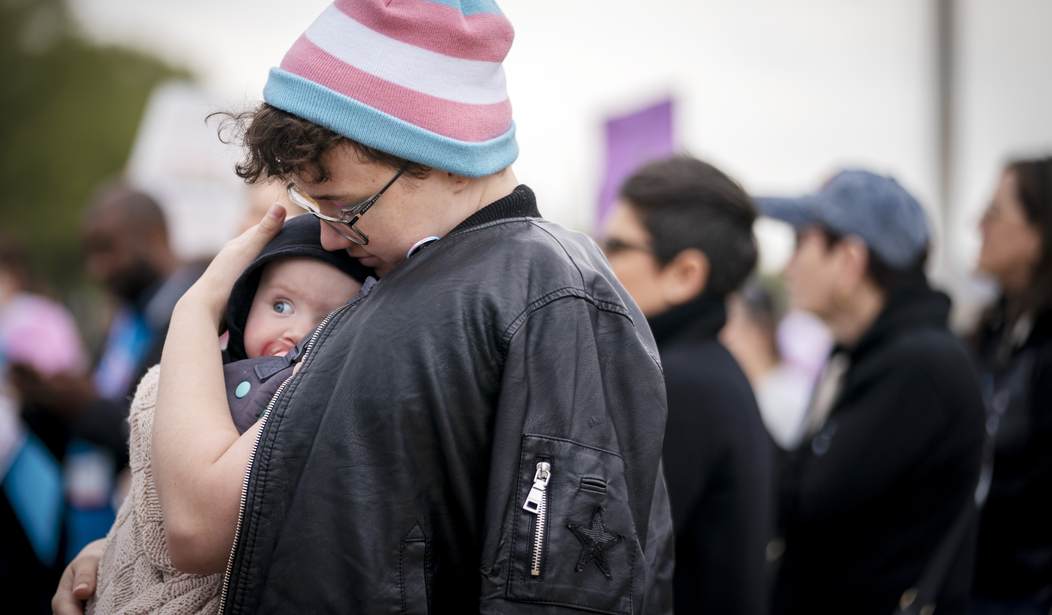Last month, England sent shockwaves around the world when its National Health Service announced that children will no longer be prescribed puberty blockers, which Townhall covered. Predictably, left-wing activists were outraged about the decision, as they are about any entity that prohibits children from “changing their gender” at a young age.
Despite this, more and more states and local governments in the U.S. have passed legislation protecting children from these so-called “gender-affirming” treatments, and more transitions are speaking out about the harm these services caused their lives. And, a study recently published found that most children who feel “transgender” at a young age end up outgrowing it.
Researchers at the Netherlands’ University of Groningen released a 15-year study, Development of Gender Non-Contentedness During Adolescence and Early Adulthood, that tracked the “gender unhappiness” of 2,772 participants ages 11 through 26.
“In early adolescence, 11% of participants reported gender non-contentedness. The prevalence decreased with age and was 4% at the last follow-up (around age 26),” the study found.
“Gender non-contentedness, while being relatively common during early adolescence, in general decreases with age and appears to be associated with a poorer self-concept and mental health throughout development,” it added.
Recommended
Before England’s National Health Service (NHS) pulled back offering puberty blockers for kids, researchers had issued guidance acknowledging that most “transgender” kids were likely going through a phase. The guidance said that physicians should be open to “exploring all developmentally appropriate options” for children who are showing signs of gender dysphoria, keeping in mind that “this may be a transient phase.”
The report added that “social transitioning” should not be seen as a “neutral act” due to the impact it makes on a child’s psychology. Social transitioning includes going by a different name, using “preferred pronouns” and dressing like the opposite gender. In some cases, they will use bathrooms that align with their gender identity instead of their biological sex.
“The clinical approach has to be mindful of the risks of an inappropriate gender transition and the difficulties that the child may experience in returning to the original gender role upon entering puberty if the gender incongruence does not persist into adolescence,” the report stated.

























